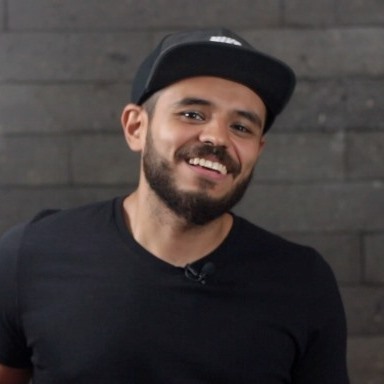In consulting, one of the most crucial parts of understanding a client’s needs is to be assertive in identifying what their priorities are. As a QA Engineer, my area of expertise is quality and when you ask a client what they want to validate in their project, the common answer is EVERYTHING.
For that reason, it is really important to prepare a proposal when we kick-off our projects. I call it a QA Kick-Off Plan, and the objective of this is to understand my client’s most important goals. The output is usually a presentation where I set an agreement with my client about the quality of the project.
So, what should the presentation include?
Know your product.
It sounds simple, but good QA engineers don’t just see the product as an engineer. You have to have different perspectives. Sometimes we forget that the product requirements under development are owned by our client, so ask them the following questions.
-
- What is the most important feature for you?
- What are the expected results from the feature or project, the feeling, the experience?
- Who is going to use it?
Know your scope.
Have you heard the phrase “Jack of all trades, but a master of none?” Knowing the activities to focus on is definitely a key to speed up your deliverables. Be sure you get answers to the following questions before you start working.
-
- What am I covering?
- What is my role in this project?
- What am I responsible for?
- What are the team and client expectations for me?
Know your deliverables.
Usually, your clients are not working side by side with you, so they don’t have a clear view of what you are doing. You can add value by setting expectations from the beginning about the way you are sharing your milestones/goals.
-
- Is there any report scheduled?
- What are the deadlines?
- What is the expected coverage for your work?
Create a Proposal
Own your process but be inclusive.
As an expert, you are expected to drive the QA plan, but it should be an agreement with your team. Talk with them, adjust, and get feedback, QA is not only about catching bugs; it is also about how smoothly the team is working to avoid them.
Now that you have answers and not assumptions, my next step is creating a proposal to present to our client. Normally, I prepare a presentation, pointing out, plan, objectives, deliverables and action items. Open communication is key to building confidence in your work. Remember, the client is expecting an expert. I am a firm believer that the first impression really matters, so use the presentation to match your vision with theirs.
Proposals can change from client to client but, normally, I try to cover at least:
-
- Types of testing
- The scope
- Code standards
- Validation Pipeline
- Deliverables
Present your plan and…
To add formality to my process I always like to have my plan signed by team and client to ensure they agree with it. Aim to get your team involved, your client committed, and your goals clear. If they are all with you, then your process is going to be smoother.








